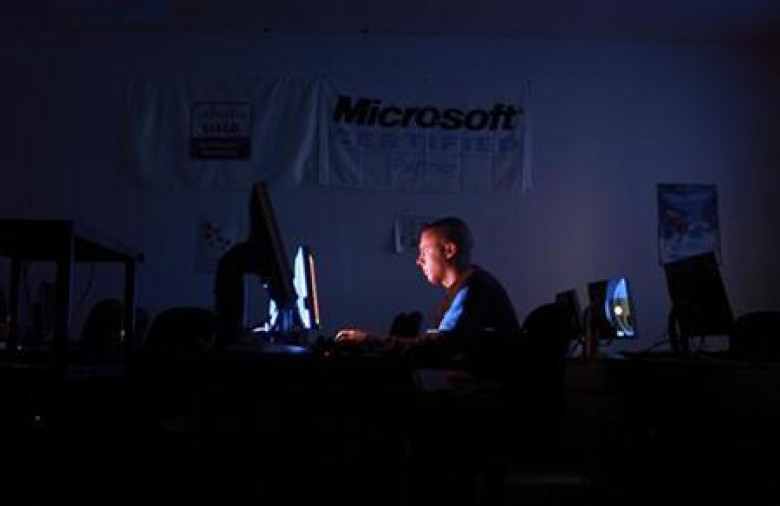Critics assail 1980s-era hacking law as out of step
A 1984 U.S. anti-hacking law passed when computer crime was in its infancy is under fire for potentially going too far in criminalizing the actions of employees who violate workplace policies.
Judges across the country are divided on how the 28-year-old law, the U.S. Computer Fraud and Abuse Act, can be applied. At the same time, the Justice Department has signaled it wants to ramp up prosecutions under the law, even as it has lost some cases. Civil liberties advocates and some lawyers and judges are questioning whether the CFAA, intended to punish hackers and other trespassers who damage computer systems or steal customer information, can be used to prosecute people inside a company who download sensitive data without their employers' approval.
The debate is centered around a key phrase in the law: that it is illegal to "intentionally access a computer without authorization or exceed authorized access." Critics argue this language is too broad and vague and could turn ordinary people into criminals for things many do routinely, such as dabble in online shopping or scan an online matchmaking site at work.










































































